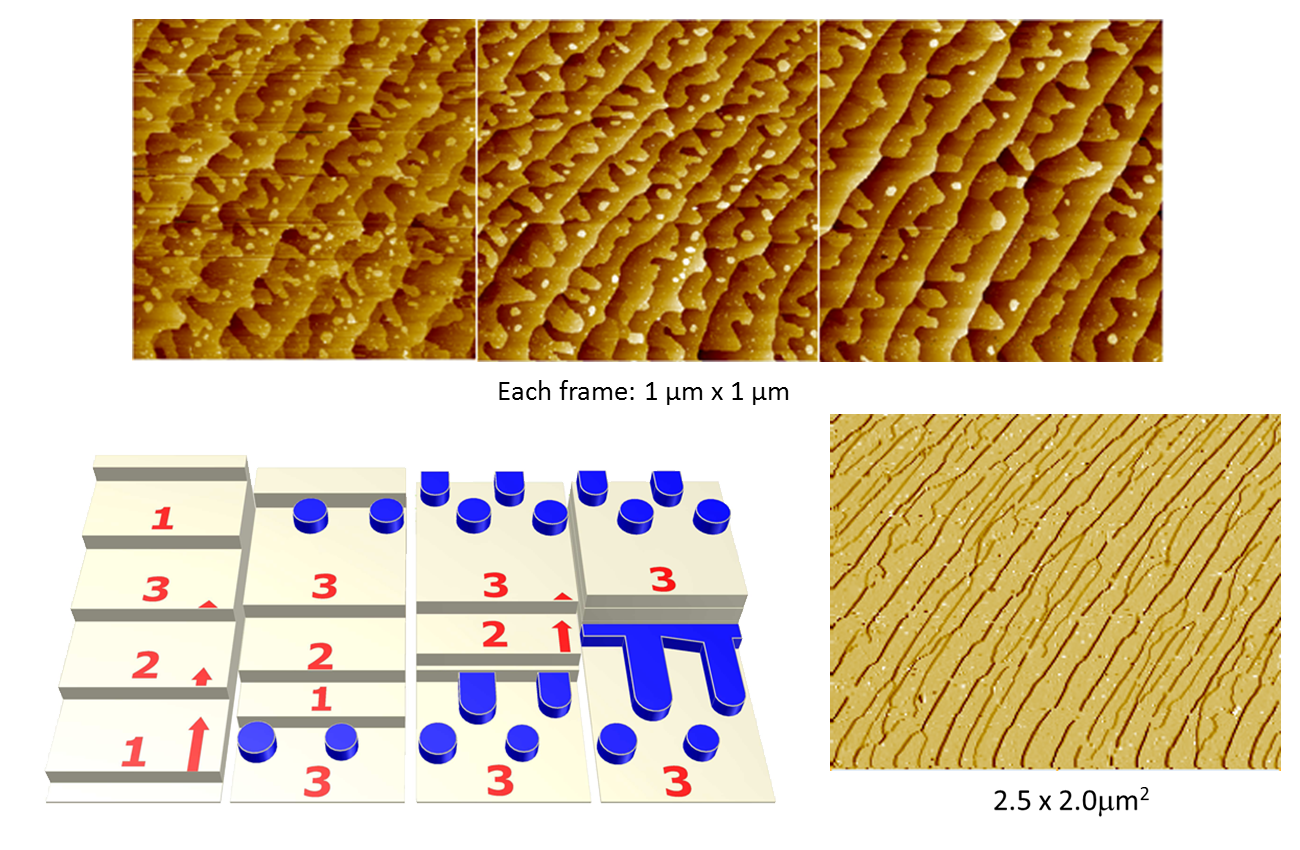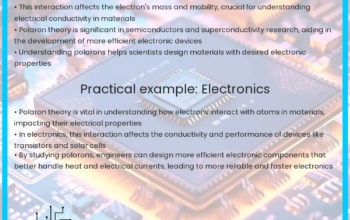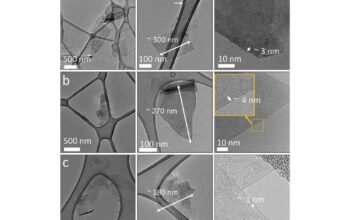As research in nanotechnology and materials science burgeons, the allure of graphene—a remarkable two-dimensional material composed of a single layer of carbon atoms—surfaces as a focal point of inquiry. The inquiry into whether one should pursue a Ph.D. in graphene is a multifaceted consideration, rife with implications that transcend the realm of academia. This discussion traverses several prongs: the scientific significance of graphene, the career prospects, the contributions to technological advancements, the interdisciplinary nature of the research, and the profound personal development that accompanies such an intellectual journey.
The scientific significance of graphene cannot be overstated. Discovered in 2004, graphene exhibits a bevy of extraordinary properties, including exceptional electrical conductivity, high thermal conductivity, remarkable mechanical strength, and flexibility. It is lauded for its potential to revolutionize various fields—from electronics and energy storage to biomedical applications. Indeed, the ascendance of flexible electronics, supercapacitors, and high-efficiency solar cells are mere glimpses of graphene’s vast promise. Thus, engaging in a Ph.D. program focused on graphene not only addresses an array of scientific inquiries but also positions one at the cutting edge of materials science, contributing to a burgeoning body of knowledge that is ripe for exploration.
Equally compelling is the career trajectory that accompanies a Ph.D. in graphene research. Obtaining a doctorate in this specialized field prepares one for diverse career pathways—be it in academia, industry, or governmental research institutions. In academic circles, the opportunity to teach and mentor budding scientists while conducting independent research can be profoundly fulfilling. Moreover, the industry’s insatiable demand for innovation continues to spur opportunities in sectors such as robotics, telecommunications, and renewable energy. The substantial investment in graphene-related technologies by both established corporations and startups creates fertile ground for professionals equipped with doctoral expertise. A Ph.D. thus catalyzes not only personal advancement but also contributes to significant societal advancement.
The potential contributions to technological advancements cannot be overstated. Graphene is hailed as a “wonder material” for its capacity to enhance existing technologies and spawn entirely new applications. For instance, the integration of graphene into battery technology could yield energy-dense, fast-charging batteries, revolutionizing the electric vehicle market. Additionally, graphene-based sensors could facilitate breakthroughs in medical diagnostics, enabling precise biomarker detection at unprecedented sensitivity levels. The trajectory of one’s research during a Ph.D. may very well influence the future of technology, making it immensely gratifying to contribute to work that might change lives.
Furthermore, the interdisciplinary nature of graphene research encourages collaboration across scientific domains, augmenting the richness of the academic experience. The integration of physics, chemistry, engineering, and materials science is paramount in extracting the full potential of graphene. A doctoral undertaking in this field promotes an ethos of collaboration, often culminating in partnerships that yield more striking results than solitary endeavors. This collaborative spirit not only enhances one’s research but fosters an environment where diverse ideas converge to foster innovation and creativity. Engaging with experts from varied disciplines will hone critical thinking and adaptive skills, which are indispensable in a rapidly evolving professional landscape.
Beyond the professional advantages, pursuing a Ph.D. in graphene promises substantial personal development. The rigorous intellectual demands of doctoral research cultivate resilience, tenacity, and curiosity—traits essential for any ambitious researcher. The necessity to navigate complex scientific queries, troubleshoot intricate experiments, and engage with peer-reviewed literature contributes to a profound sense of personal achievement and intellectual growth. Moreover, the challenges faced during the Ph.D. journey often forge lasting relationships with mentors and peers, creating a robust professional network that extends far beyond the walls of the laboratory. The experience fosters not only a deep understanding of graphene but also instills a thirst for continuous learning and discovery.
The question of whether to pursue a Ph.D. in graphene ultimately hinges on one’s aspirations and disposition towards scientific inquiry. Those with an intrinsic curiosity about materials and their properties will find a wealth of opportunities in this niche. Research into graphene stands on the precipice of breakthroughs that have yet to be imagined, making it an exciting field teeming with potential. The prospect of contributing to groundbreaking discoveries, both in terms of academic literature and practical applications, may well evoke a sense of urgency to engage in this research.
In conclusion, a commitment to advancing knowledge surrounding graphene through a doctoral program represents an intersection of scientific promise, career viability, and personal enrichment. The gravitational pull of this fascinating material beckons those who aspire to be at the forefront of innovation—their work could indeed alter the trajectory of technological development and contribute positively to society. As you ponder the pivotal question, consider immersing yourself in the world of graphene, a domain where your research can yield transformative outcomes, both for your career and the future of technology.












